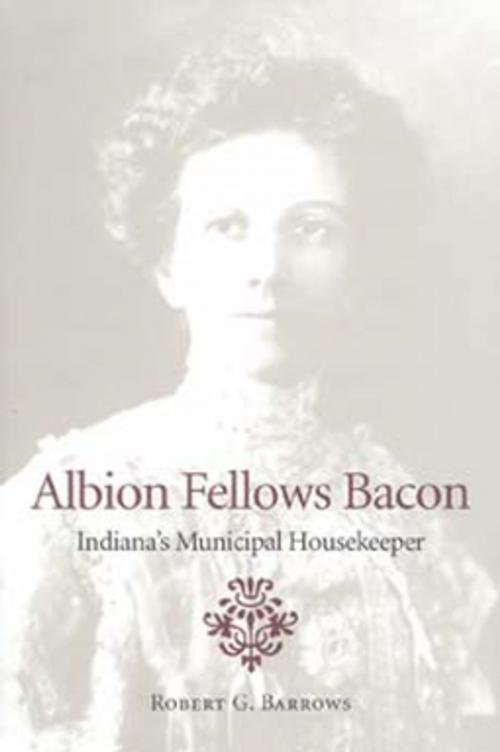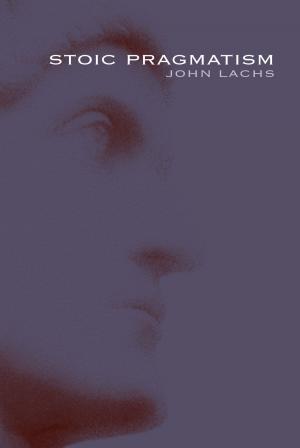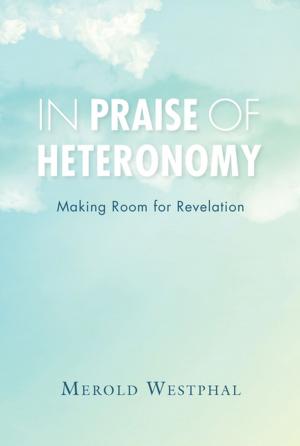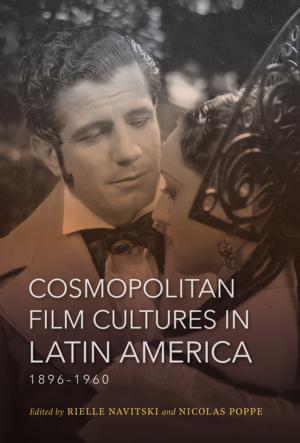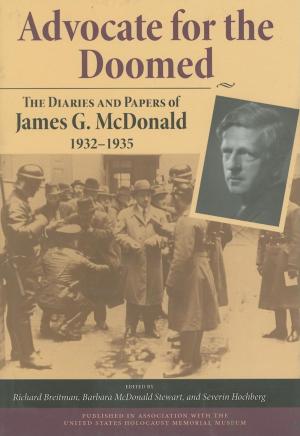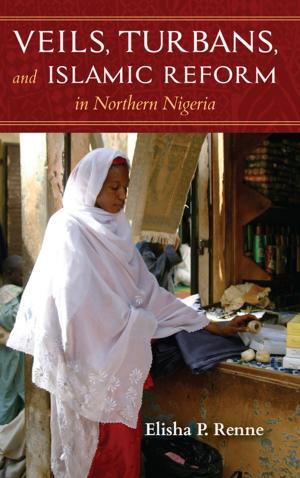Albion Fellows Bacon
Indiana's Municipal Housekeeper
Biography & Memoir, Historical, Nonfiction, History, Americas, United States| Author: | Robert G. Barrows | ISBN: | 9780253028563 |
| Publisher: | Indiana University Press | Publication: | October 22, 2000 |
| Imprint: | Indiana University Press | Language: | English |
| Author: | Robert G. Barrows |
| ISBN: | 9780253028563 |
| Publisher: | Indiana University Press |
| Publication: | October 22, 2000 |
| Imprint: | Indiana University Press |
| Language: | English |
Albion Fellows Bacon
Indiana’s Municipal Housekeeper
Robert G. Barrows
Examines the career of a leading Progressive Era reformer.
Born in Evansville, Indiana, in 1865, Albion Fellows was reared in the nearby hamlet of McCutchanville and graduated from Evansville High School. She worked for several years as a secretary and court reporter, toured Europe with her sister, married local merchant Hilary Bacon in 1888, and settled into a seemingly comfortable routine of middle-class domesticity. In 1892, however, she was afflicted with an illness that lasted for several years, an illness that may have resulted from a real or perceived absence of outlets for her intelligence and creativity.
Bacon eventually found such outlets in a myriad of voluntary associations and social welfare campaigns. She was best known for her work on behalf of tenement reform and was instrumental in the passage of legislation to improve housing conditions in Indiana. She was also involved in child welfare, city planning and zoning, and a variety of public health efforts. Bacon became Indiana’s foremost "municipal houskeeper," a Progressive Era term for women who applied their domestic skills to social problems plaguing their communities.
She also found time to write about her social reform efforts and her religious faith in articles and pamphlets. She published one volume of children’s stories, and authored several pageants. One subject she did not write about was women’s suffrage. While she did not oppose votes for women, suffrage was never her priority. But the reality of her participation in public affairs did advance the cause of women’s political equality and provided a role model for future generations.
Robert G. Barrows, Associate Professor of History at Indiana University at Indianapolis, was previously an editor at the Indiana Historical Bureau. He has published several journal articles and book chapters dealing with Indiana history and American urba
Albion Fellows Bacon
Indiana’s Municipal Housekeeper
Robert G. Barrows
Examines the career of a leading Progressive Era reformer.
Born in Evansville, Indiana, in 1865, Albion Fellows was reared in the nearby hamlet of McCutchanville and graduated from Evansville High School. She worked for several years as a secretary and court reporter, toured Europe with her sister, married local merchant Hilary Bacon in 1888, and settled into a seemingly comfortable routine of middle-class domesticity. In 1892, however, she was afflicted with an illness that lasted for several years, an illness that may have resulted from a real or perceived absence of outlets for her intelligence and creativity.
Bacon eventually found such outlets in a myriad of voluntary associations and social welfare campaigns. She was best known for her work on behalf of tenement reform and was instrumental in the passage of legislation to improve housing conditions in Indiana. She was also involved in child welfare, city planning and zoning, and a variety of public health efforts. Bacon became Indiana’s foremost "municipal houskeeper," a Progressive Era term for women who applied their domestic skills to social problems plaguing their communities.
She also found time to write about her social reform efforts and her religious faith in articles and pamphlets. She published one volume of children’s stories, and authored several pageants. One subject she did not write about was women’s suffrage. While she did not oppose votes for women, suffrage was never her priority. But the reality of her participation in public affairs did advance the cause of women’s political equality and provided a role model for future generations.
Robert G. Barrows, Associate Professor of History at Indiana University at Indianapolis, was previously an editor at the Indiana Historical Bureau. He has published several journal articles and book chapters dealing with Indiana history and American urba
